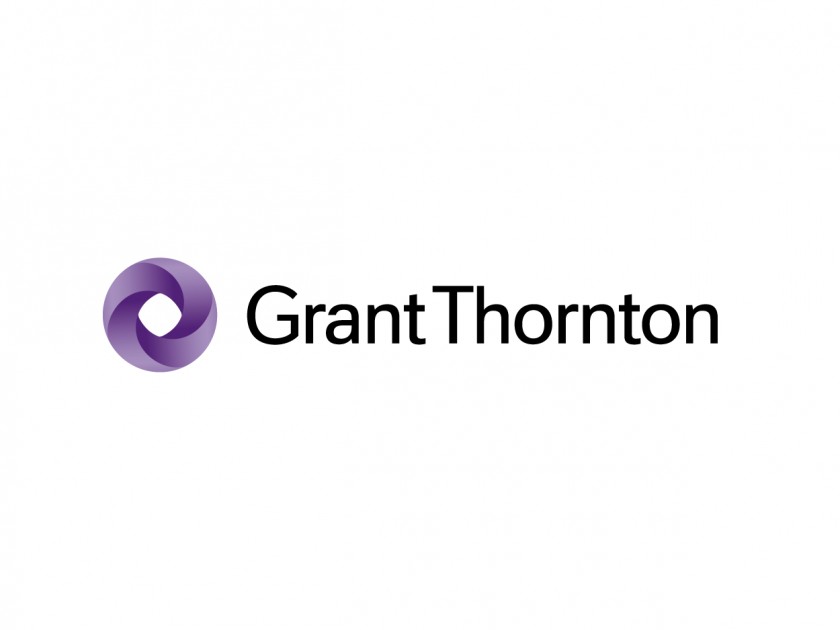The BSS sector in Poland – not cheaper, but more mature!

The transformation of the BSS service offering – both globally and in the Polish market – can be described as an initial focus on cost reduction, gradually evolving towards a focus on added value for clients. This change in model underscores the need to view outsourcing of modern business services as an investment in the future of the company, rather than just a cost to be minimized.
According to Grand View Research, cited in the ABSL report “Strategic Foresight in the Business Services Sector 2023", the global business process outsourcing market continues to grow, expected to reach $525.2 billion by 2030, with a growth rate of 9.4% CAGR from 2023-2030. In Poland, similar changes and trends are observed, as the domestic market is an important, integral part of the global sector. Polish services are characterized by flexibility and resilience to crises (as demonstrated during the COVID-19 pandemic), but above all by excellent staff – educated, multilingual, with a global level of business culture and a relatively rich talent pool compared to CEE.
As reported by ABSL, the Polish high-specialization business services sec tor (so-called KIBS) employed 435,300 people at the end of Q1 2023, i.e., 8% more than the previous year. Last year, the share of KIBS in the market exceeded 50% for the first time, and this year it has already risen to 57%. These specialized services are becoming the main engine of growth in the industry, and this current trend is expected to continue in the near future. Industry reports and summaries unanimously predict that the sector of modern business services (BSS) will evolve towards greater complexity of offered processes and increased added value for clients in the coming years.
The direction of BSS evolution
The direction of increasing complexity of business processes and added value for clients is a natural consequence of expanding the portfolio of services originally offered in the Shared Services Center (SSC) or Business Process Outsourcing (BPO) model, where basic processes for an organization (e.g., accounting, payroll, IT, procurement) are first taken over, and then support is offered in increasingly strategic and “knowledge-intensive” areas (such as legal, tax, or compliance advisory).
As the service offering develops, the maturity of providers also increases – in the case of the most dynamic entities, this leads to a transformation towards Global Business Services (GBS) or Centers of Excellence (CoE). From the clients’ perspective, this means the service provider gradually transitions from a subcontractor focused on cost reduction to a business partner oriented towards creating added value. Such a partner begins to act as a substantive consultant and innovation leader, initiating improvements at the client’s site and actively participating in optimization efforts (e.g., in the areas of digitization or automation of selected processes).
In Poland, the industry has been developing towards an increasing share of “knowledge-intensive” processes (just as in other parts of the world), which involves raising qualifications towards middle-level roles and is characterized by a growing level of automation and innovative potential. In practice, this means transitioning from back-office tasks (administrative and general support) towards middle and front office. For example, an accountant who in the past performed simple, repetitive operations, today settles complex transactions for an entire group of companies involving foreign entities.
With the increasing maturity of the industry in Poland, moving the BSS sector up the value chain, Polish service providers begin to compete with Berlin, Paris, or London, although this task is challenging, considering the over 100 -year history of current business models in Western European metropolises.
Polish BSS stands by the quality of its staff – not price!
The market for professional services is evolving, with a clear trend towards recognizing and rewarding high-quality service as well as specialized knowledge and experience. Although professional services in Poland are no longer the cheapest, their value proposition in terms of quality, reliability, and strategic perspective is unmatched in the region. This model change underscores the need to view service outsourcing as an investment in the company’s future, rather than just a cost to be minimized.
While Poland is no longer a country of cheap labor, it still offers foreign clients a good quality-to-price ratio, also attracting advantages resulting from its location – favorable time zone positioning, which allows for servicing APAC and AMER markets, ensuring benefits associated with EU membership.
Polish specialists become important business partners also due to their flexibility and quick response to changing client needs, which is invaluable in today’s dynamic business environment. Examples of their unconventional, proactive approach can be multiplied. In one situation, their determination enabled a client to participate in an important tender, although initially, the tax office refused to issue the necessary certificate of non-arrears in taxes. In another, quick response saved a client left on their own after the sudden departure of the team responsible for preparing ZUS [The Social Insurance Institution] declarations. In yet another – after the unexpected departure of the entire HR team, our expert, despite not knowing the client’s payroll system, efficiently calculated salaries for over 100 employees and made the necessary settlements, transforming incidental support into ongoing payroll and HR services.
This is just a tiny fraction of how we support our clients every day with great care and commitment. Our people simply cannot help thinking about what else can be done in a given situation to support the client. At the same time, they are well-educated and have broad competencies.
It’s no longer cheaper!
The rising value of Polish professionalism translates into wage expectations of those working in the industry. Their negotiating position is strong, considering, among others, labor market data placing experts from “knowledge-intensive” fields (e.g., accounting, IT, or HR and payroll) among the most sought -after professions. This trend is reinforced by, among others, successive mini mum wage increases and the phenome non of so-called digital nomads, resulting in the capture of the best domestic experts by foreign companies.
Another important aspect driving up service prices is the growing number of regulatory requirements (including in terms of compliance) and the complexity of processes. Paradoxically, the transition from paper to electronics, linking reporting in various electronic reporting systems, and the immense push for data here and now mean that while processes may be more efficiently handled individually, they are certainly not cheaper or simpler to secure.
The third area, directly related to the previous one, involves technological aspects that require capital-intensive investments from BSS service providers (and technology is changing at an alarming rate!). These include, among others, the use of solutions combining the IT area with communication systems and information exchange with clients, moving towards blockchain and predictive systems or intelligent business process automation (IBPA).
These trends result in a specific calculation of the BSS service providers’ offering, while price-sensitive clients may require a reassessment of their outsourcing strategy if they are only concerned with service costs.
The value of BSS service quality
Deciding to invest in high-quality outsourcing services is more than just a financial calculation – it’s a strategic issue. The risk of prioritizing costs over quality includes, for example, the risk of errors that can result in legal and financial consequences. The value derived from higher quality services, though initially appearing as a higher cost, in reality, provides significant savings, development opportunities, and operational or tax security. It’s high time to dispel the myth of cheap, professional outsourcing of modern business services in Poland.
Author: Magdalena Marcinowska, Partner, Outsourcing Department, Grant Thornton Poland
This article comes from magazine:
FOCUS ON Business #16 May-June (3/2024)
 Check the issue
Check the issue








